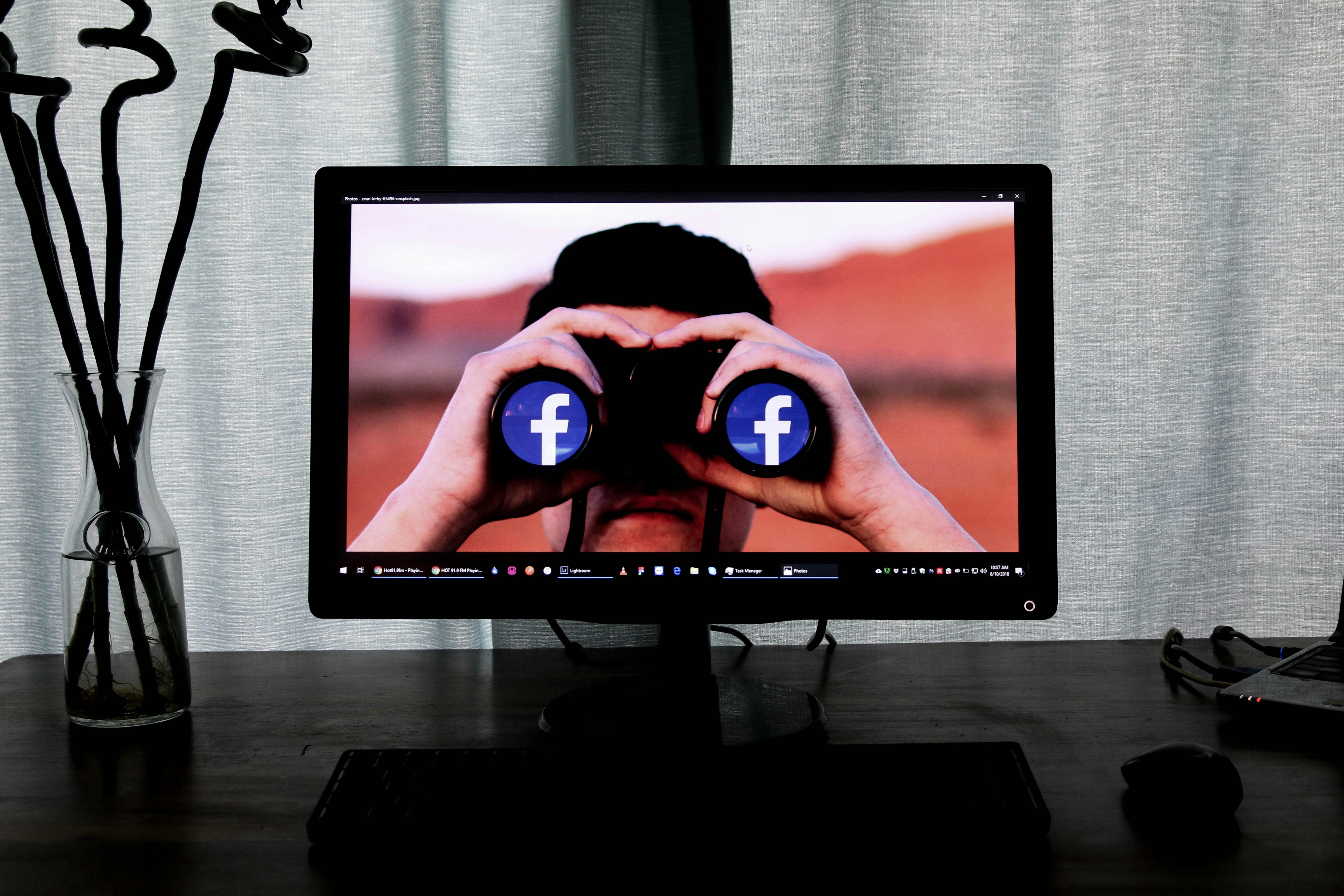In the ever-evolving landscape of digital romance, dating apps have become the modern-day Cupid, connecting hearts across continents with a simple swipe. Yet, as these platforms burgeon with opportunities for love, they also harbor potential pitfalls—particularly when it comes to safeguarding personal information. As tales of data breaches and privacy violations become all too common, a provocative question arises: Should users be banned from dating apps if they fail to protect their personal data? This article delves into the heart of this debate, exploring the balance between individual responsibility and platform accountability in the quest for digital safety and romantic connection.
Evaluating Privacy Responsibilities on Dating Platforms
In the age of digital connectivity, dating platforms serve as a melting pot for personal interactions, making the safeguarding of personal data paramount. Users often overlook the importance of privacy responsibilities, which raises the question of whether they should face consequences for neglecting this critical aspect. While some argue that banning users might seem harsh, it’s essential to consider the broader implications of data breaches, which can lead to identity theft, harassment, or even physical harm.
Implementing strict privacy guidelines can benefit both the platform and its users. Key measures include:
- Educating users about data protection and potential risks.
- Encouraging the use of strong passwords and two-factor authentication.
- Regular audits of user data handling practices.
- Providing clear privacy settings and options for users to control their information.
Balancing user autonomy with platform accountability can create a safer environment, fostering trust and enhancing user experience.
Balancing User Freedom and Data Security
- Empowering Users: Dating apps thrive on user autonomy, offering a platform where individuals can express themselves and connect with others. It’s essential that users feel empowered to make their own choices about what personal information they share. User freedom fosters trust and engagement, which are critical for the success of these platforms. However, with great freedom comes the responsibility to ensure one’s own data safety.
- Ensuring Security: On the flip side, the security of user data cannot be overlooked. Dating apps often store sensitive information, and a breach could have serious repercussions. While apps implement security measures, users must also play an active role in safeguarding their data. This includes using strong passwords, being cautious about the information they share, and regularly updating their privacy settings.
Striking a balance between these two aspects is crucial. Should platforms enforce stricter data protection policies? Or should the onus be on users to protect their own data? While banning users might seem like a drastic measure, it could encourage better security practices. However, it also risks alienating users who value their freedom. The challenge lies in finding a middle ground where users are both free and secure.

Exploring the Consequences of Data Negligence
When users fail to safeguard their personal data on dating apps, the repercussions can be significant, affecting not just individual privacy but the entire platform’s integrity. Data negligence can lead to unauthorized access, identity theft, and even physical safety risks. These consequences extend beyond personal harm, potentially eroding trust in the app itself. As platforms rely on user engagement and a sense of security, neglecting data protection can undermine the very foundation of these digital communities.
Consider the potential outcomes of inadequate data protection:
- Identity Theft: Users risk having their identities stolen, leading to financial and reputational damage.
- Privacy Breaches: Sensitive information may be exposed, causing personal and professional harm.
- Platform Security: Widespread negligence can weaken the app’s overall security framework, making it a target for malicious activities.
In light of these risks, the debate on whether to ban users who don’t protect their data remains a pressing issue, challenging platforms to balance user freedom with community safety.

Crafting Policies for Enhanced User Protection
When designing policies to enhance user protection, it’s crucial to balance privacy with usability. Implementing robust security measures can help safeguard personal data without deterring users from engaging with the app. Consider the following strategies:
- Data Encryption: Ensure all personal information is encrypted both in transit and at rest, minimizing unauthorized access.
- User Education: Provide clear guidelines and tutorials on how to protect personal data, emphasizing the importance of strong passwords and recognizing phishing attempts.
- Regular Audits: Conduct frequent security audits to identify vulnerabilities and ensure compliance with data protection regulations.
- Transparent Policies: Clearly communicate how user data is collected, used, and shared, building trust through transparency.
By fostering a secure environment, dating apps can not only protect users but also enhance their overall experience, creating a safe space for meaningful connections.



